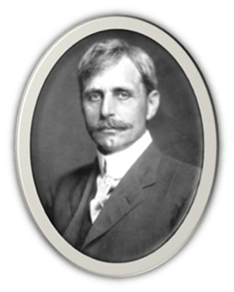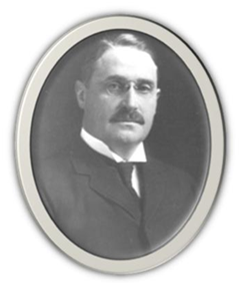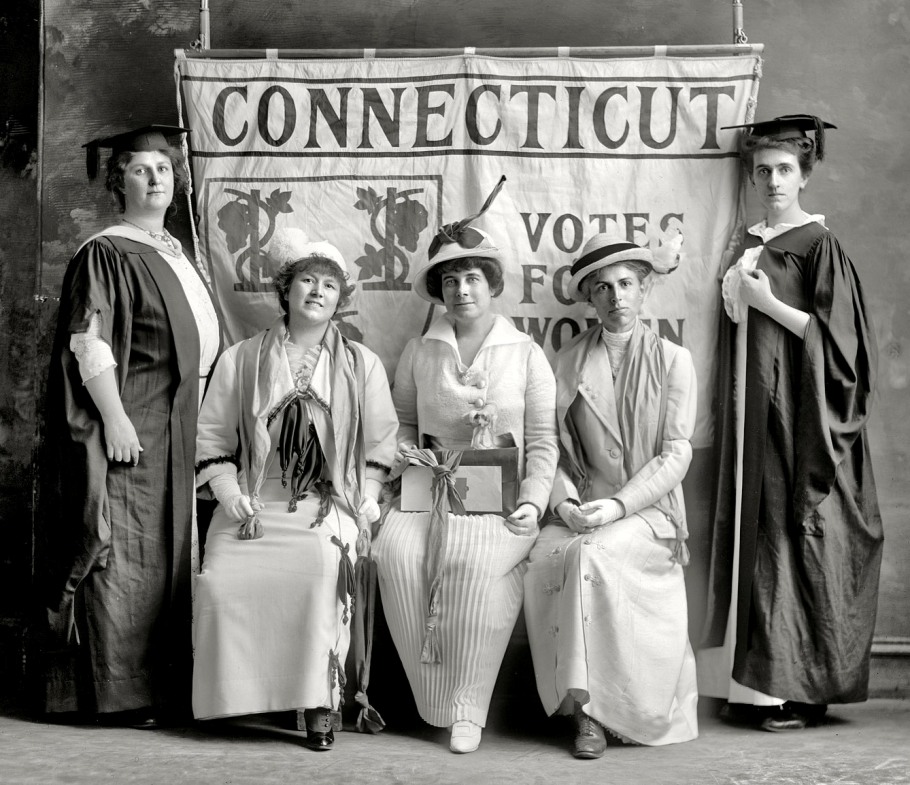On July 12, 1918, Connecticut suffragists—men, women, and children—rallied in Hartford and Simsbury to appeal to President Woodrow Wilson for help in getting women the right to vote. A telegram published in the July 13, 1918 edition of the Hartford Courant was sent to the president asking him to intervene in passing a suffrage amendment. It read:
“Resolved, That we citizens of Connecticut, assembled in meeting in Simsbury, Conn., do petition the President to use his undoubted power on behalf of the women, as he has already used it on behalf of many measures, to bring about the passage by the Senate, of the federal suffrage amendment; and thus to give liberty to the magnificent democratic sentiments he has expressed as spokesman of America, and uphold the great principles of democracy as a leader among nations.”

George P. McLean

Frank B. Brandegee
The appeal directly to President Wilson was based in no small part on frustration felt by local suffragists regarding the opposition of Connecticut Senators George P. McLean and Frank B. Brandegee to the passing of the legislation. The rally started at City Hall in Hartford and then moved to Simsbury, Senator McLean’s hometown. There, Mrs. W. O. Ascough, Connecticut chairman of the National Women’s Party, declared that Senator Brandegee’s mind belonged to an earlier generation and compared it to an antique, “interesting to observe, but not for present day use.”
The Connecticut rally and telegram were contributions to a long-standing national movement that led to the passing of the Nineteenth Amendment less than a year later. The amendment was adopted by the House of Representatives on May 21, 1919, and then approved in the Senate on June 4, by a vote of 56 to 25. Two of the 25 opposing votes belonged to McLean and Brandegee. The amendment was ultimately ratified on August 18, 1920. McLean and Brandegee, despite being on the losing side of such a high-profile issue, remained very popular politically, serving out terms of 18 and 19 years respectively.








